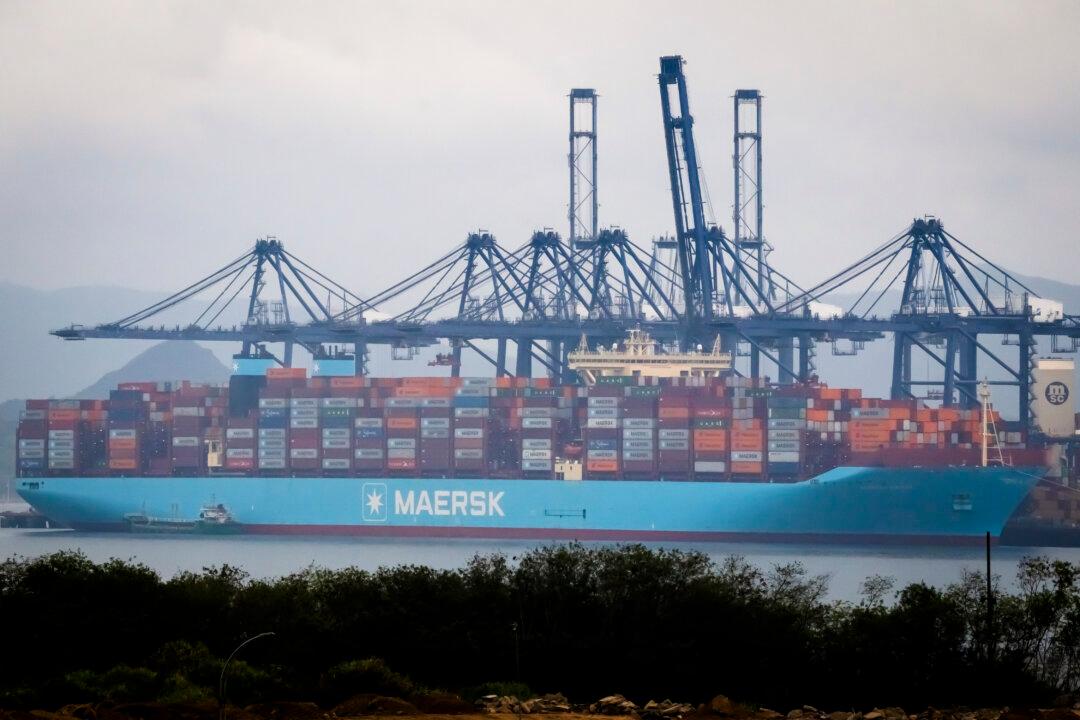The U.S. Court of International Trade heard arguments on May 13 from the Trump administration and a group of small businesses, which alleged that the president’s tariffs were illegal and inflicted economic harm.
It’s unclear how the court will rule on the issue, which stems from President Donald Trump’s reciprocal tariffs and other levies seeking to address trade imbalances with foreign nations.





